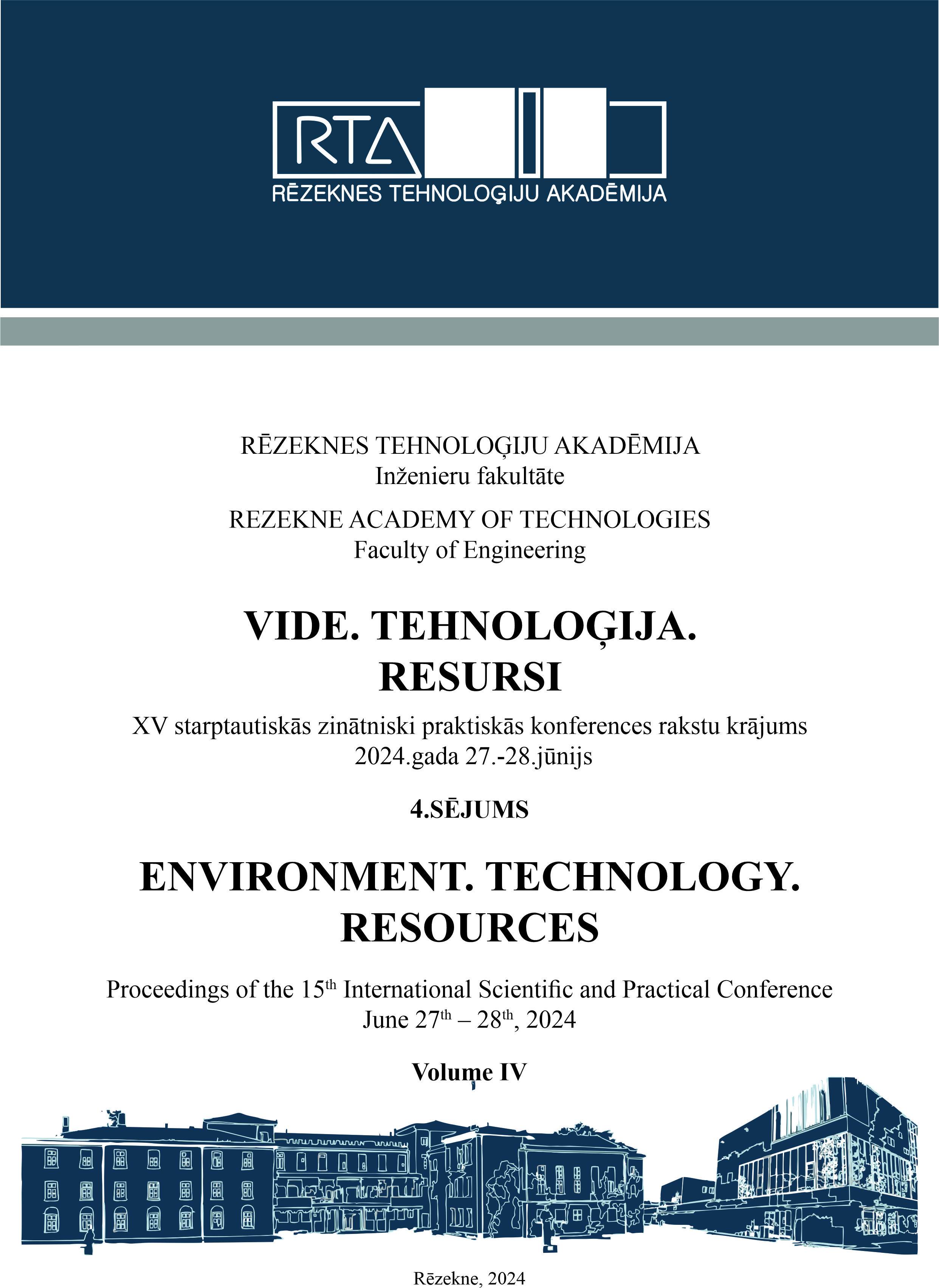THE GENESIS OF THE CRIMINAL'S PERSONALITY IN THE DIGITAL AGE
DOI:
https://doi.org/10.17770/etr2024vol4.8189Keywords:
cybercrime, digital crime, genesis, preventionAbstract
The aim of this research is to analyze and understand the issues of a criminal's personality in the digital age to promote more effective crime prevention. It aims to analyze contemporary problems and challenges related to the identification of criminal individuals in the context of digital technologies. This research can contribute to criminology, sociology, and psychology by elucidating how the use of such technology can impact the fight against criminally inclined individuals through digital identification means. The tasks of the research involve analyzing the influence of the digital era on the genesis of a criminal's personality in the mechanism of criminal acts. The novelty of the research is linked to the concentration of the crime prevention system on exploring the mechanism of forming a criminal's personality in the digital age. The research approach will enable a deeper understanding of how the digital era influences the potential formation of personality. The research will employ methods such as theoretical methods based on the analysis of scientific research and publications, exploration of criminal identification processes in the field of digital technology, and the use of content analysis to assess the effectiveness of applied identification technologies. The author assumes that digital technologies provide powerful tools for identifying criminals but are associated with several legal issues. A balance between the use of digital technology, the effectiveness of appropriate methods, and respect for human rights and freedoms is crucial. Recommendations will be provided in the conclusion, focusing on improving legal regulations for identification technologies, considering the identified problems. An analysis of the effectiveness of existing methods and technologies will also be conducted, addressing ethical and legal issues. A special training program and implementation procedure for law enforcement agencies on the ethical and legal aspects of using digital identification methods will be proposed.
Downloads
References
K.Martinson and A.Piper. “Methodology of scientific activity: an interdisciplinary perspective”. Riga, RSU, pages 608. 2021.
F.Greco; G.Greco. “INVESTIGATIVE TECHNIQUES IN THE DIGITAL AGE: CYBERCRIME AND CRIMINAL PROFILING”. European Journal of Social Sciences Studies. June 2020. DOI: 10.5281/zenodo.3877668
K.Basu, A.Sen. “Social Networks. Identifying individuals associated with organized criminal networks: A social network analysis”. NetXT Lab, School of Computing, Informatics and Decision Systems Engineering, Arizona State University, 699, South Mill Ave., Tempe, AZ, USA. Jan 2021.
Obianagwa, Christopher Ewuzie; Ngoka Ruth Obioma; Gift, Uwaechia Onyinye; Hayford, Ezugwu Ikechukwu; Okpala Joy Chinaza; et al. “Youth Unemployment and Cybercrime in Nigeria”. African Renaissance; London. United Kingdom Vol. 20, Iss. 2, 177–199. Jun 2023. DOI:10.31920/2516-5305/2023/20n2a9
Inge B. Wissink, Joyce C.A. Standaert, Geert Jan J.M. Stams, Jessica J. Asscher, Mark Assink. “Risk factors for juvenile cybercrime: A meta-analytic review. Aggression and Violent Behavior”. Volume 70, 101836. May–June 2023. https://doi.org/10.1016/j.avb.2023.101836
Zabarniy, Maksym; Topchii, Vasyl; Korniakova, Tatiana; Topchii, Oksana; Topchii, Vitalii. “Criminological Analysis of Determinants of Criminal behavior”. Journal of Forensic Science and Medicine 9(2):p 144-152. Apr–Jun 2023. DOI: 10.4103/jfsm.jfsm_84_22
Richelle Mayshak, Dominika Howard, Michelle Benstead, Anna Klas, David Skvarc, Travis Harries, Brittany Patafio, Abby Sleep, Ross King, Shannon Hyder. “Dating in the dark: A qualitative examination of dating experiences in Dark Tetrad personalities School of Psychology”. Deakin University, 1 Gheringhap Street, Geelong, VIC, 3220, Australia. Computers in Human Behavior Volume 143. June 2023. https://doi.org/10.1016/j.chb.2023.107680
European Union Agency for Criminal Justice Cooperation (Eurojust). 2002. [Online]. Available: https://www.eurojust.europa.eu/crime-types-and-cases/crime-types/cybercrime [Accessed: March 24, 2024].
Downloads
Published
Issue
Section
License
Copyright (c) 2024 Jelena Djubina

This work is licensed under a Creative Commons Attribution 4.0 International License.


